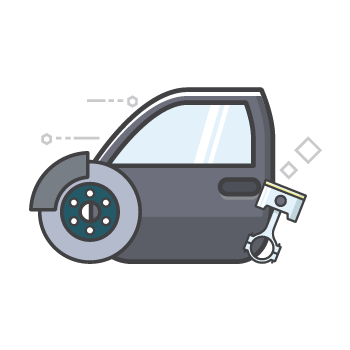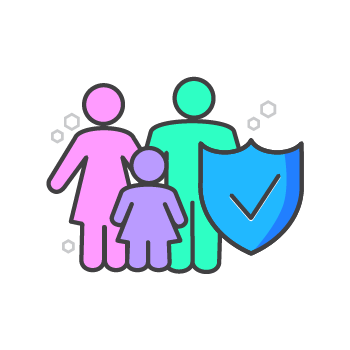Establishing an Emergency Fund: What You Need to Know
by Carolyn Lee Apr 1, 2024

While we’re all familiar with financial terms like savings, investments, and budgeting, one crucial aspect often goes overlooked: the emergency fund. This financial safety net can be a game-changer, helping you navigate unexpected expenses and alleviate financial burdens. Creating and maintaining an emergency fund prepares you for the unforeseen and can help secure a robust economic future.
Things an emergency fund can help you with.
An emergency fund provides a safety net for financial challenges like eviction, job loss, accidents, health emergencies, and other unexpected financial problems. Your fund can help you manage financial responsibilities during difficult times and may reduce the risk of incurring additional debt.
How do you create an emergency fund?
Start by setting a financial goal, establishing a savings schedule, and making smart investment choices. You can set a goal to save three to six months of living expenses. If that seems daunting, start smaller by saving two weeks of your salary. Then, set up a savings schedule, transferring 10% of each paycheque into the fund. Finally, consider investing a portion of your fund in a high-yield savings account to maximise growth. By taking these steps, you’re empowering yourself to be financially prepared for unforeseen circumstances.
Five reasons you should consider having an emergency fund.
Unforeseen medical expenses: Some medical emergency expenses might not be covered by health insurance. Your fund can help subsidise fees for health crises like X-rays, some dental treatments, or other medical emergencies.
Job loss: Losing a job can negatively impact your mental health, self-esteem, and financial responsibilities. With an emergency fund, you can use some money to take care of crucial expenses related to your family, groceries, and home, bringing a sense of relief during a stressful time.
Family problems: It is psychologically and financially taxing to deal with losing a loved one suddenly or having to contribute to unexpected medical expenses. Some employers do not offer bereavement pay, so having an emergency fund can help alleviate some of the challenges of extra spending.
Emergency home repairs: Some home emergencies can weaken your budget, especially time-sensitive ones. With an emergency fund, you can allocate money to urgent home repairs like replacing broken appliances, repairing damages around the home, and fixing broken appliances without worrying about taking out a loan.
Vehicle maintenance: Expenses related to vehicle insurance, maintenance, and accidents can deplete finances. However, you can use money from your emergency account to make some vehicle-related spending less stressful.
Helpful reminders:
- Create your emergency fund with a financial goal in mind.
- Ensure your fund is liquid so you can easily access money when needed without paying fees.
- Only use money from this account if you are in a crisis.
- Stay updated on your progress by regularly checking your savings.
- Celebrate your accomplishments and keep going.
- There are distractions requiring expenditure, but be disciplined and stick to saving.
If you need help with financial planning, you can use Find Yello to search for financial planners, accountants, banks, and financial institutions.
Sources: Bankrate, Real Simple, Nerd Wallet, Consumer Finance, and Wells Fargo.








